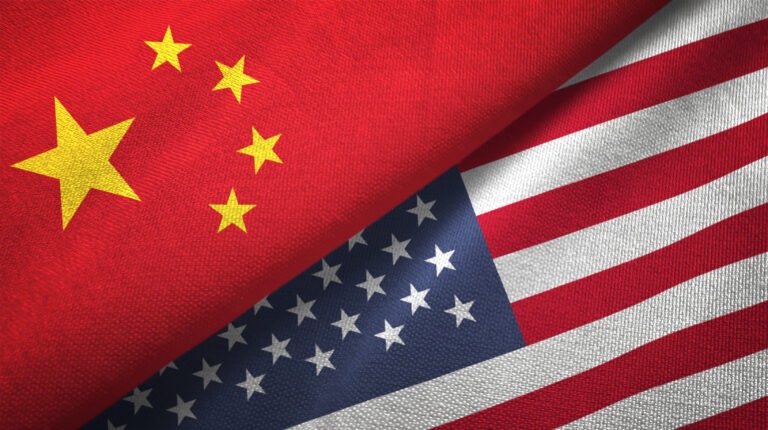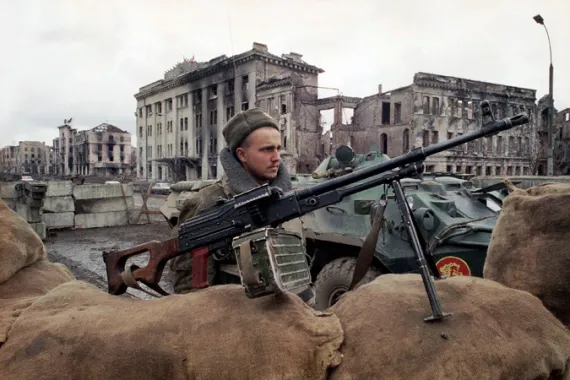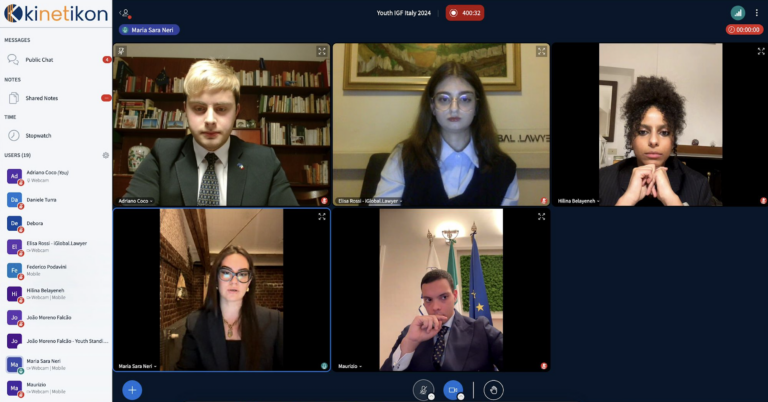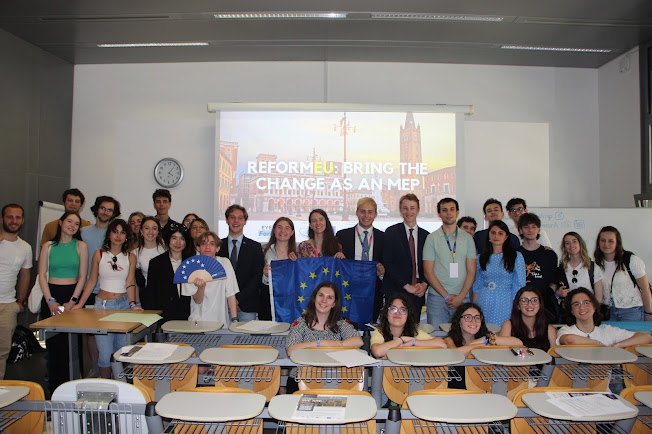Is the United Nations Security Council reformable?
Let’s discover all the pros and cons of such an interesting and at the same time challenging idea put forth by some countries in recent years.
Although at that specific time, the five permanent members of the Security Council held much of the global power, the current post-1945 international order has been questioned several times and additionally, many challenges have been posed as to whether these countries should hold such a strong power such as veto. Examples are countries’ claims and historical facts, such as the US invasion of Afghanistan and claims by African and Latin American countries to shift to a more democratic UNSC composition.
Additionally, the total number of Security Council members has also been questioned regarding the actual representation of under-represented regions. Challenges vary in form and content, but above all, they evolve over the years, also The United Nations’ strategies must cope with a review of its working strategies, to be always a functional organisation, whatever the challenge is. Indeed, these claims have been increasing in number already since the 1990s on the one hand considering the disappearance of the socialist bloc and on the other hand, the growing influence of new emerging powers and related alliances, such as the BRICS new emerging powers (Brazil, Russia, India, China, South Africa).
The Security Council, one of the most relevant bodies in the United Nations System, is constantly in the headlines due to its roles, the current situation challenging its effectiveness, and above all, its authority in settling international crises. It is therefore vital to bear in mind that the Council, alongside the other bodies composing the UN system, has been settled in a post-World War II environment, with the relevant countries winning the war, such as France, the United States, the United Kingdom, the USSR (now Russian Federation), and the Republic of China (later would be the PRC), aiming at settling international disputes in a peaceful manner as well as preserve international peace and security under either Chapter VI or Chapter VII of the UN Charter.
The considerations are extremely significant today, especially considering the recent development in the conflicts afflicting several regions, most importantly through the Russian aggression on Ukraine, with Russia being a permanent member of the UNSC and therefore able to support its illegal activities also through obstruction in UNSC resolutions’ adoption using its veto power.
Interestingly, recalling the UN Charter, already in 1945 it has highlighted the need for a revision of the UN system, including the Security Council. Indeed, through Article 109 the United Nations and its members should have held a “General Conference” aiming at reviewing the Charter. The revised structure of the UN system should have been adopted by both the UN General Assembly and the Council through a two-thirds majority vote of the members of the General Assembly and by a vote of any nine members of the Security Council. But most importantly, the General Conference and the consequential modification should have occurred after the tenth annual session of the General Assembly, approximately in 1955.
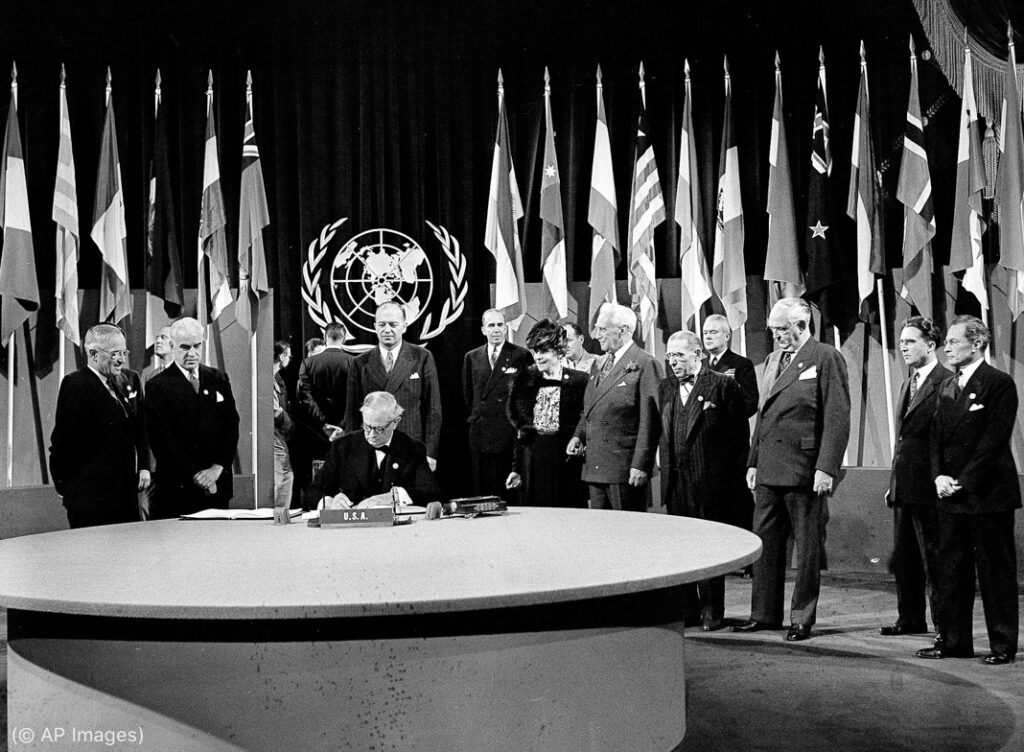
Without focusing on the previous UN Security Council reform of 1963 after the decolonization process leading to the current SC format of ten non-permanent members (elected in the UNGA for a two-year term considering geographic areas), and the five permanent members, it is much needed a presentation of the recent days’ proposal by some UN members to reform once again the key organ of the United Nations. Today, rather than presenting all the attempts to modify the Charter and the functioning of the Security Council, the main substantial proposals will be presented starting with the ideas proposed recently by the working group “Uniting for Consensus”, highlighting the need for higher representation, transparency, and higher dynamicity. Following the French ambitious attempt in 2015 to encourage and therefore limit the use of veto power by the current P-5 members during the adoption of resolutions regarding genocides, crimes against humanity, and war crimes; the Italian delegate to the General Assembly at the end of the 2020 Plenary Session, introduced the Uniting for Consensus proposals.
In particular, the Uniting for Consensus Group, composed of twelve countries: Argentina, Canada, Colombia, Costa Rica, Italy, Malta, Mexico, Pakistan, Republic of Korea, San Marino, Spain, and Turkiye, has convened several times, with the last meeting just at the end of March 2023. The Group’s aims are based on the ideas born with the Coffee Club in the 1990s by the Italian Ambassador Francesco Paolo Fulci. The proposal, which lies on the core principles of transparency, democracy, and efficiency; includes the increase in the total seats of the Council, from the current fifteen to twenty-six. Within these twenty-six seats, nine should be permanent. The allocation of the permanent seats would follow a regional criterion to have representatives from all the continents. By doing so, regional representation would be enhanced as well as the Security Council’s effectiveness.
Other proposals concerning a potential enlargement of the Security Council are the ones put forward by the Russian Federation and the United Kingdom at the beginning of the 2000s, whose plan was to increase the total seats of the UNSC to twenty. Furthermore, in the last years, echoing the previous ideas, France has been proposing not only the enlargement of the body to twenty seats, but also to award Brazil, Germany, India, and Japan permanent member status, though the US has opposed an enlargement of the SC which would also imply the revision of the veto power of permanent members.
However, it is precisely this point that is the key feature under discussion and the main cause of debates among alliances and regional groups, because, if from a P-5 perspective veto power gives many advantages in terms of foreign policy-making, it is also true that it is an “unfair” tool, which, especially in recent months, has had the capability of paralysing the entire functioning of the United Nations, thus mining its effectiveness. Indeed, it is of relevance the question whether for example the Russian Federation should or should not be involved in the adoption of UNSC resolutions directly related to its illegal war of aggression against Ukraine. It is therefore worthwhile recalling some significant examples: the February 2022 Russian veto over the UNSC condemnation of the Russian war of aggression, leading to the UNGA Emergency Special Session; and again, in February 2023.
Finally, it is possible to state that the key proposal to limit and eventually eliminate veto power is undeniably controversial, and perhaps a consensus will never be reached, but what does matter is that a potential limitation of this tool could be a more realistic goal, which could be potentially achieved in the short term. But in the end, what is the main problem in the adoption of such a proposal to review and modify Articles 23 and 27 of the United Nations Charter? The main issue related to the reform of the Security Council is and will be still the requirement of a two-thirds majority (i.e., 129 UN members in the General Assembly) and nine UNSC members in favour. It will be difficult to achieve such an ambitious goal since many national and international interests would be threatened, though such a reform would only bring more fairness among UN member states in the policy-making process.
Bibliography
Weiss, T. (1970) [PDF] Global Governance: Why? what? whither? Available at: https://www.semanticscholar.org/paper/Global-Governance%3A-Why-What-Whither Weiss/9b3f46ee0ca233fc9849fba9f32dbc536b45387a.
United Nations Security Council Resolution 110 (1955) United Nations. United Nations. Available at: https://digitallibrary.un.org/record/112083?ln=en.
Ministero degli Affari Esteri e della Cooperazione Internazionale The reform of the United Nations Security Council and Italy’s priorities, Ministero degli Affari Esteri e della Cooperazione Internazionale. Available at: https://www.esteri.it/en/politica-estera-e-cooperazione-allo-sviluppo/organizzazioni_internazionali/onu/la_riforma/.
OnuItalia (2023) Riforma cds: Da Riunione UFC a Roma Le proposte ‘per adeguarlo alle sfide di oggi’, Onu Italia. Available at: https://www.onuitalia.com/2023/03/28/ufc/.
UN: Impossible Reform? (2022) ISPI. Available at: https://www.ispionline.it/it/pubblicazione/onu-riforma-impossibile-36410.
Author: Adriano Coco



